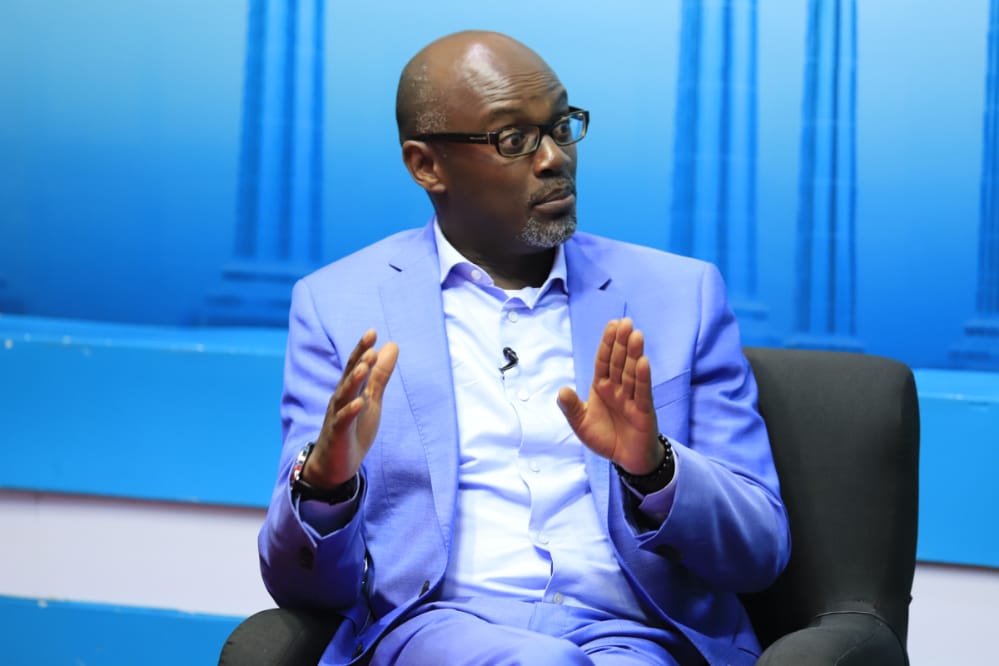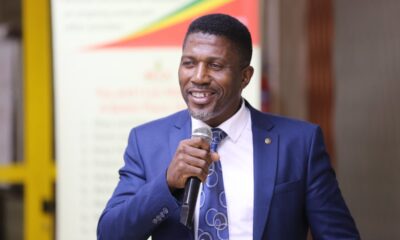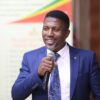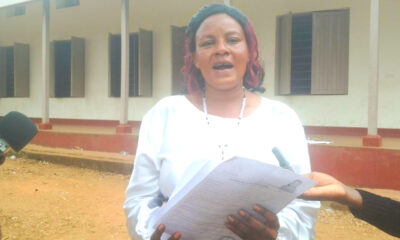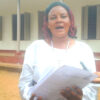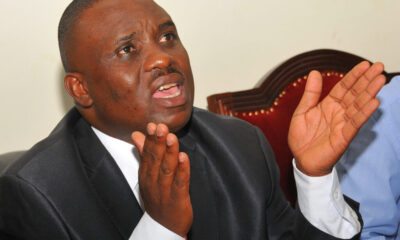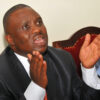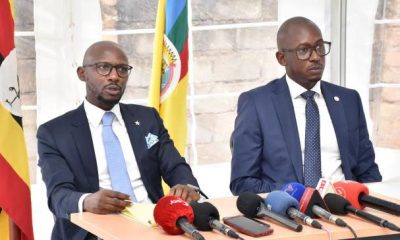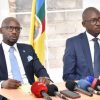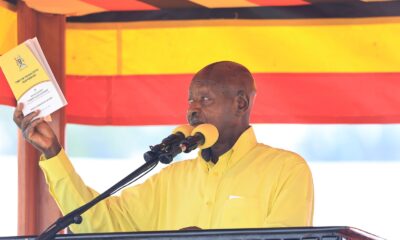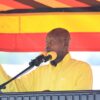Politics
Andrew Mwenda: Museveni’s ageing weakness and Opposition’s Lack of Traction Put Uganda at Risk
Veteran journalist Andrew Mwenda has painted a bleak picture of Uganda’s political landscape, predicting a significantly low voter turnout of around 40% if elections were held today. Speaking on Nation TV last week, Mwenda argued that the opposition, spearheaded by Robert Kyagulanyi Ssentamu, also known as Bobi Wine, is currently too “disorganised, rudderless, weak, [and] hopeless” to galvanise a substantial portion of the electorate.
Mwenda contends that while a significant majority of Ugandans may be “disenchanted with Museveni,” this dissatisfaction doesn’t automatically translate into support for the opposition. He described the opposition as “virulent” and “self-righteous,” potentially alienating a large segment of the population. This failure to resonate with broader public sentiment, according to Mwenda, will deter many from participating in the electoral process.
On the other hand, Mwenda delivered an equally damning assessment of the ruling National Resistance Movement (NRM). He asserted that the NRM is practically indistinguishable from the state apparatus, lacking an independent internal structure or a clear “moral purpose.” Characterising it as a “cash and carry government,” he suggested that corruption and self-interest have eroded the party’s commitment to national development.
Furthermore, Mwenda highlighted the increasing age and perceived exhaustion of President Museveni, both physically and intellectually. He believes this creates a vacuum where individuals seek to exploit his position for personal gain.
“As a party, the NRM is dead. If you separate Uganda from the NRM, the party will cease to exist. Internally, they are divided, and it has lost its moral purpose, evolving into a cash-and-carry government where everyone is in it for personal gain. Museveni has grown old and is both physically and intellectually exhausted at the same time. He wants to keep delicate control of so many nitty-gritties, because of that, everybody wants to use him for selfish gains,” he said.
Even significant campaign spending, Mwenda predicts, would likely be misappropriated rather than effectively sway voters. He also noted a concerning trend of principled individuals withdrawing from elective politics, paving the way for more ruthless and opportunistic actors within the NRM.
This confluence of a fractured and uninspiring opposition, a decaying ruling party, and a seemingly out-of-touch president has created a large bloc of disillusioned Ugandans – potentially 60% of the electorate – who are either apathetic or disagree with both sides. Mwenda likened this group to a “dormant volcano” or “social dynamite” lacking the “spark” of effective leadership to become a decisive force in Ugandan politics.
Mwenda added that in the current scenario, President Museveni might secure around 55% of the anticipated low 40% voter turnout, resulting in a narrow minority leading the country. He sees a potential solution only in the emergence of a “third force” or candidate capable of uniting this significant middle ground and offering them genuine hope.
While acknowledging Museveni’s tactical advantages in elections, Mwenda emphasised his strategic weaknesses, including his age, governance challenges (illustrated by collapsing infrastructure), inability to revitalise the NRM, and alienation of the youth due to unemployment and demographic shifts. He also criticised the opposition for lacking a “scientific” and strategic approach to their politics.
Mwenda’s stark analysis suggests a political landscape ripe for significant upheaval, driven by widespread dissatisfaction but hampered by a failure of both the ruling party and the opposition to effectively connect with the majority of Ugandan citizens. The prospect of a historically low voter turnout underscores a profound sense of disconnect and raises serious questions about the legitimacy and representativeness of the next government.
Comments



